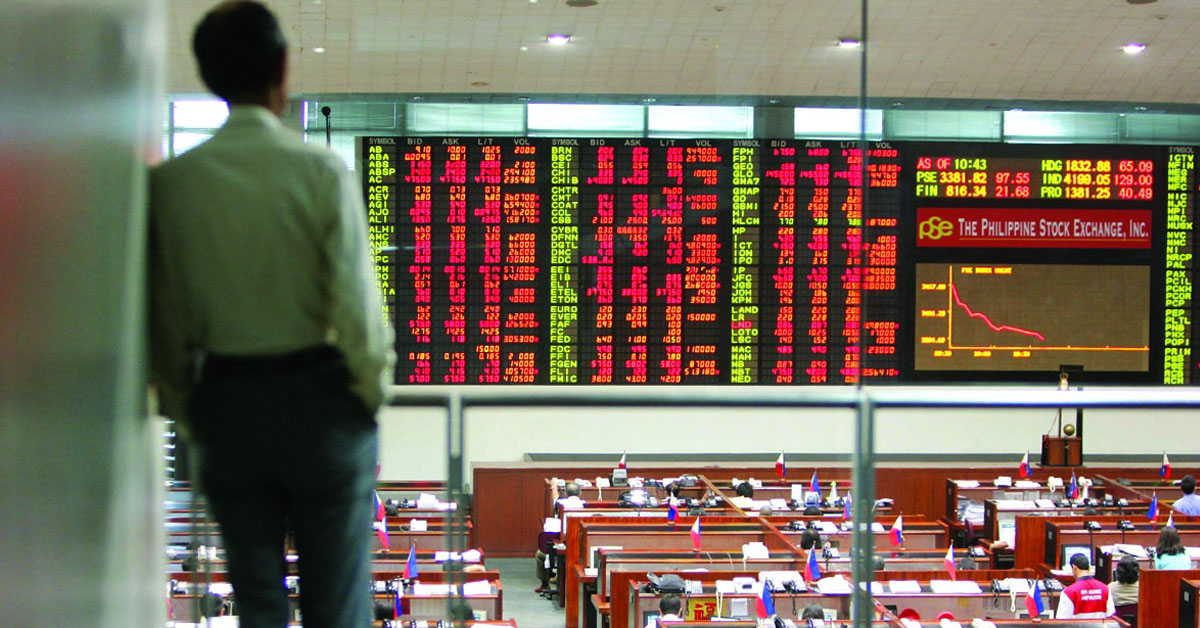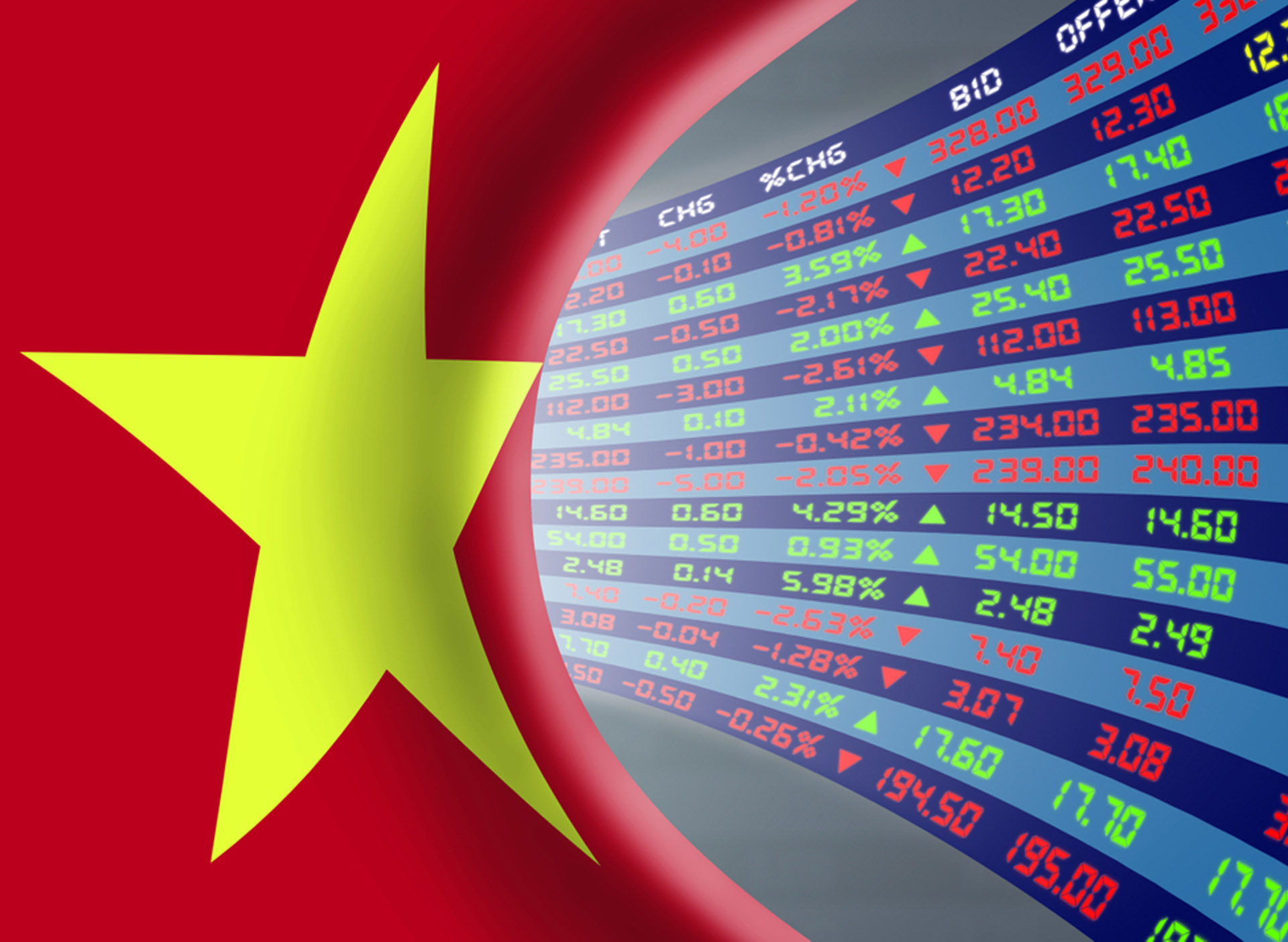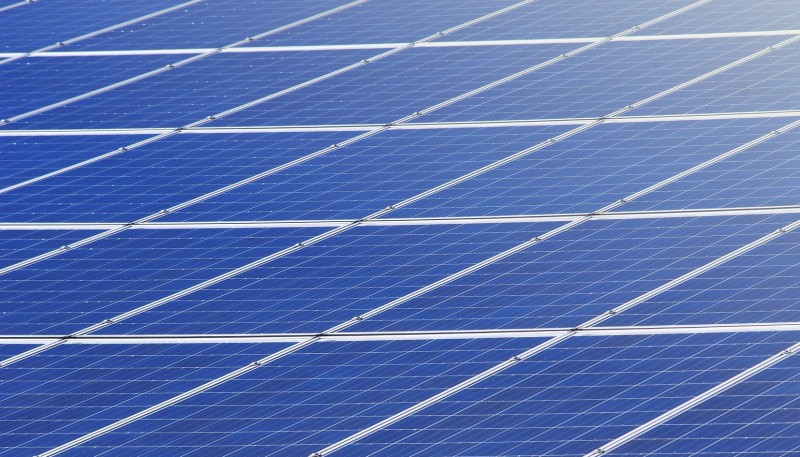 By Nghia Nguyen and Trang Nguyen, bizconsult Law Firm
By Nghia Nguyen and Trang Nguyen, bizconsult Law Firm
On April 1, 2020, the Vietnamese prime minister issued Decision No. 447/QD-TTg to officially declare Covid-19 a nationwide epidemic. The Covid-19 pandemic, along with the application of certain preventive measures of the Vietnamese competent authorities have greatly affected most Vietnamese-based enterprises (save essential goods and services trading enterprises). Consequently, many businesses failed to properly fulfil their contractual obligations with their partners and their own employees. One legal issue raised is that under Vietnamese laws, whether they are exempted from liability for breach of the contractual obligations.
There is no single answer to this question. Whether the defaulting party could be excused from their liability due to the Covid-19 outbreak and/or the government actions will largely depend on each transaction or case in terms of space, time and other considerations.
The Vietnamese legal framework for exemption of civil liability in case of contract breach due to a force majeure event is generally similar to other countries, specifically:
- Criteria need to be met for a force majeure event: (i) An event occurs objectively; (ii) Unforeseeable; and (iii) Could not be overcome even all appropriate and possible measures have been taken (Clause 1, Article 156 of the Civil Code 2015).
- Where an obligor fails to properly perform its obligation due to an event of force majeure, it shall not bear civil liability, unless otherwise agreed or otherwise provided by law. (Clause 2, Article 351 of the Civil Code 2015).
- A contract-breaching party shall be exempted from liability in the following cases: A force majeure event occurs; or A breach is committed by one party as a result of the enforcement of a competent state management agency’s decision which the parties cannot foresee at the time of conclusion of the contract (Clause 2, Article 294 of the Commercial Law 2005).
- The contract-breaching party claiming liability exemption shall have the burden of prove (Clause 2, Article 294 of the Commercial Law 2005).
In addition, there are some notable points below in relation to liability exemption due to a force majeure event under the Vietnamese laws:
- Force majeure clause
Unlike other jurisdictions (especially common law system) where an affected party may only get relief from its liability due to a force majeure event if such clause has been agreed in the contract in question, liability exemption clauses in case of force majeure event under Vietnamese law can be applied without setting out in the contract, provided that the governing law of such contract is Vietnamese law. - Scope of liability exemption
Vietnamese laws are silent on the scope of liability exemption for non-performance of contract in the event of a force majeure event. It would seem that all civil liabilities of an affected party such as liquidated damages, late payment interest, penalty for breach, specific performance, etc. would be excused or limited in case of force majeure event. Meanwhile, laws of certain countries limit the scope of liability exemption only to the extent of compensation. - Conditions for contract termination due to force majeure event
In some countries, the law provides that if the occurrence of a force majeure event permanently prevents a party from fulfilling its contractual obligations, it would enable the affected party to request for termination/liquidation of the contract and such party will be released from their compensation liability.
Vietnamese laws have no specific regulation on the right of the party affected by a force majeure event to unilaterally terminate the contract. Article 296 of the Commercial Law 2005 only allows the parties to extend the time limit for performance of contractual obligations due to a force majeure event and at the end of this period, the parties may refuse to perform the contract and neither party is entitled to request the compensation from the other party.
In practice, Vietnamese courts have so far had no typical cases on liability exemption for epidemic-related reasons. Nevertheless, they have accepted the exemption of civil liability in case of contractual breach due to objective reasons and/or force majeure event. Case Law No. 25/2018/AL announced on November 6, 2018 regarding the failure of deposit payment due to objective reasons is a typical example. Under this case law, the legal solution for the depositary’s violation under a deposit contract for house purchase since the house ownership certificate had not yet been issued is: “In this case, it is determined that the reason for the non-performance on the commitment of the depositary is objective and the depositary is released from the penalty”.
Given the negative impact of Covid-19 and the complicated legal issues arising therefrom, especially whether it would amount to a force majeure event to claim for liability exemption, the contracting parties should cooperate to seek a fair solution for both parties, while they should equip themselves with adequate knowledge and understanding of the governing law and applicable law as well as judicial practices related to liability exemption in case of a breach of contract due to force majeure events to well prepare for any dispute that might come.

Hanoi:
T: (84) 0 24 3933 2129
F: (84) 0 24 3933 2130
E: info-hn@bizconsult.vn
Ho Chi Minh:
T: (84) 0 28 3910 6559
F: (84) 0 28 3910 6560
E: info-hcm@bizconsult.vn
Nghia Nguyen
M: (84) 93 633 4499
E: nghiant@bizconsult.vn
Trang Nguyen
M: (84) 98 860 4260
E: trangnt@bizconsult.vn
























 Nguyen Anh Tuan
Nguyen Anh Tuan







